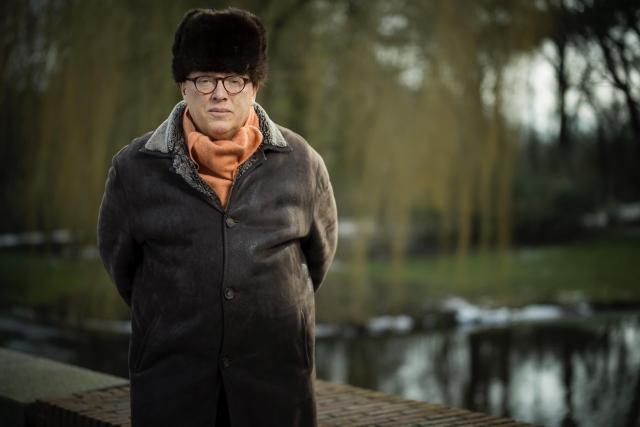Everything for the Motherland
Jewish-Russian authors Isaak Babel and Vasily Grossman worked under oppressive conditions during Stalin’s Great Terror. Initially optimistic of the future for post-revolution Russia, and believing that mild criticism of the Soviet system was possible, they both had to confront the appalling reality of Stalinism in the end.

Michel Krielaars, journalist and Russia expert, paints a vivid picture of the Great Terror through the lives of these widely translated authors. At first Babel and Grossman, like many others, had faith in socialism, believing that sacrifice was necessary on the path to a new society. They were among Stalin’s ‘engineers of the soul’, responsible for mentally adjusting their readers to the Communist Soviet experiment. Over the years their enthusiasm gave way to disillusionment and fear. Pressure on Babel and Grossman from the Communist Party intensified, until they could no longer write freely, and their faith in the Soviet Union was lost.
Krielaars helps us to imagine what life was like in those years. No one knew how to protect themselves against arrest, which usually came at night. No one knew why neighbours had disappeared and colleagues failed to turn up for work, and no one dared to speculate in the presence of others, fearful of being accused of a crime. No one knew what the best survival strategy was in a country where life, according to Stalin, was better and happier than ever before
“Every page of 'Everything for the Motherland' recalls the oppressive nature of life in a dictatorship as hermetic as it was capricious. Fascinating stuff.”
“By examining the life and work of the Jewish-Russian writers Isaac Babel and Vasili Grossman, the author plunges into the darkest period of Soviet history: the Great Terror. What follows are moving, cruel, often throat-tightening passages in which Krielaars is the perfect guide.”
